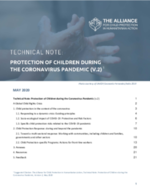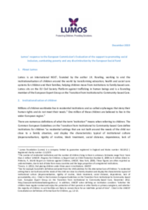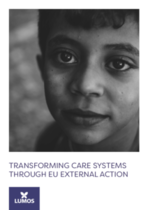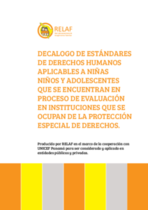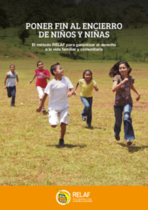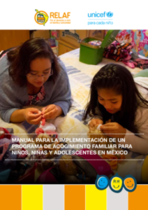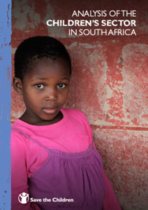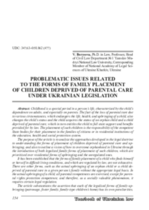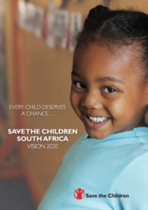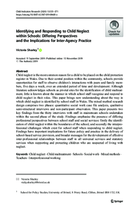Technical Note on the Protection of Children during the Coronavirus Pandemic
The Alliance on Child Protection in Humanitarian Action has produced this Technical Note on the Protection of Children during the Coronavirus Pandemic, based on the Guidance Note on Protection of Children during Infectious Disease Outbreaks (Alliance, 2018), in an attempt to support frontline Child Protection workers, policy makers and donors in designing and implementing Child Protection interventions, including cross-sectoral collaboration.

